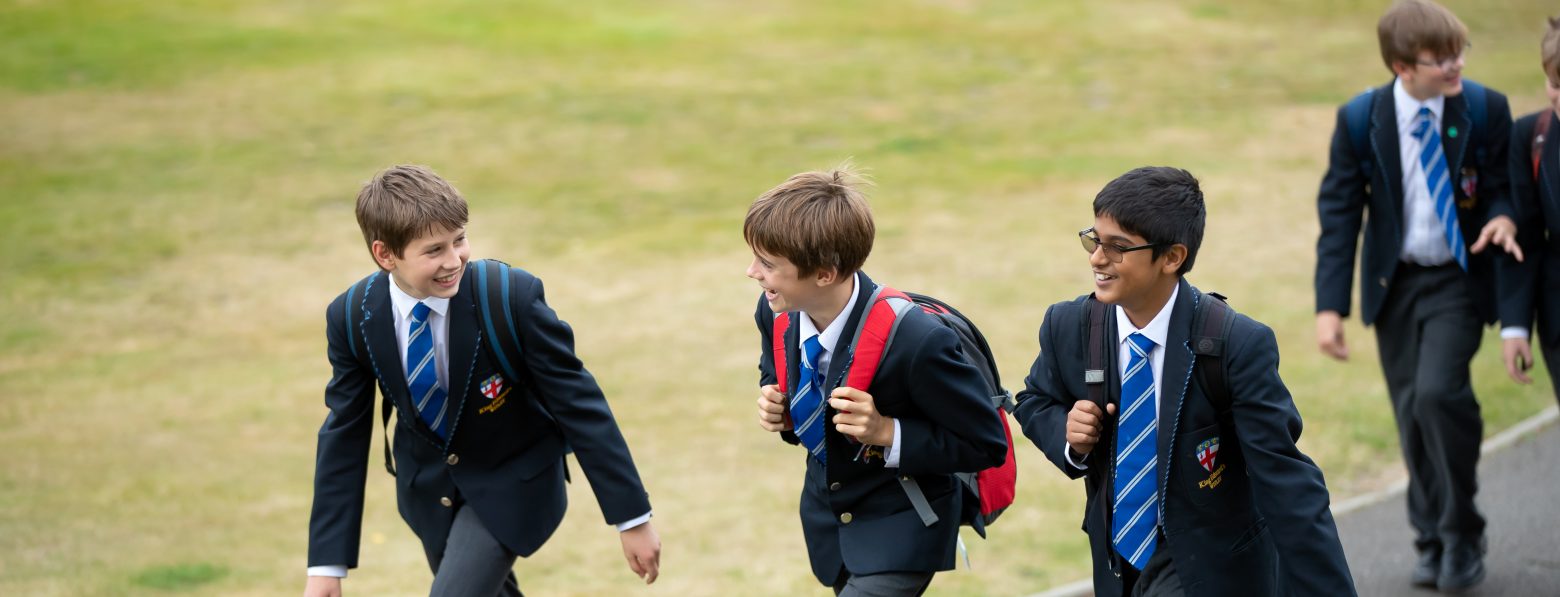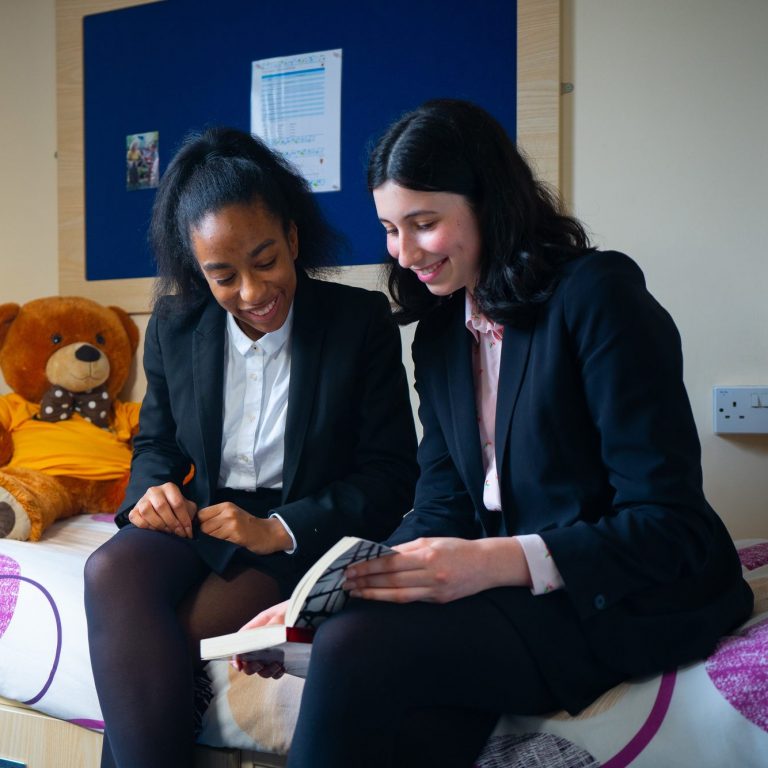Languages
King Edward’s benefits from a global pupil body encouraging all pupils to learn a foreign language. The School offers modern and ancient language options. Pupils may choose between French, German, Spanish, as well as Latin and Classical Civilisation.
The Language Department makes languages fun, accessible and useful. We seek to help pupils communicate effectively, with the aim of developing a positive attitude toward foreign languages and providing insight and appreciation of other cultures. With our international outlook and diverse background, our pupils see the relevance of working on their language skills. We expect pupils to continue their study to IGCSE and in many cases, beyond. We run a range of international trips and exchanges to Spain, Germany and France.
In the Classics Department subject specialists use modern technology to bring alive the study of Latin and past civilisations. Pupils studying the Ancient World develop a richer understanding of the ways in which Greek and Roman culture continue to shape our modern world.
Specialist courses are available for English as Additional Language (EAL) pupils.
IGCSEs and other qualifications in a native language can often be arranged.
The language options through the senior school are:
1st Form
A choice between beginner French or Spanish. Pupils also study Latin.
2nd Form
Pupils continue French or Spanish and Latin. We also introduce to German.
3rd Form
Pupils continue with two Modern Foreign Languages (MFL) or one MFL and either Latin or Classical Civilisation. We also offer English as an Additional Language (EAL) to non-native speakers. For those wishing to try Spanish for the first time, it is available at beginners’ level in 3rd Form so pupils can take an accelerated programme of study leading to IGCSE.
IGCSE
Most pupils study a Modern Foreign Language to IGCSE and keen linguists can choose to study two languages. The IGCSE course will prepare them for practical communication and further study of the language in the Sixth Form.
GCSE
Pupils can elect to take Latin or Classical Civilisation at GCSE as an option. Latin allows pupils to develop analytical, linguistic and interpretative skills. Classical Civilisation provides pupils with a broad knowledge of both Ancient Greece and Rome, giving them the skills to analyse and interpret evidence. No prior experience of Classical Civilisation is required to undertake the GCSE course.
Sixth Form
A-level
We offer an A-level course in Modern Languages.
Classics
We do offer A-level Classical Civilisation, which can be undertaken with no prior qualification. Classical Civilisation offers pupils the opportunity to explore ancient Greek and Roman literature in English translation. Pupils additionally gain an in depth understanding of the ancient society and culture through study of their material culture and archaeology. Pupils finish the course with a valuable set of analytical skills, which they can apply to a variety of contexts.






